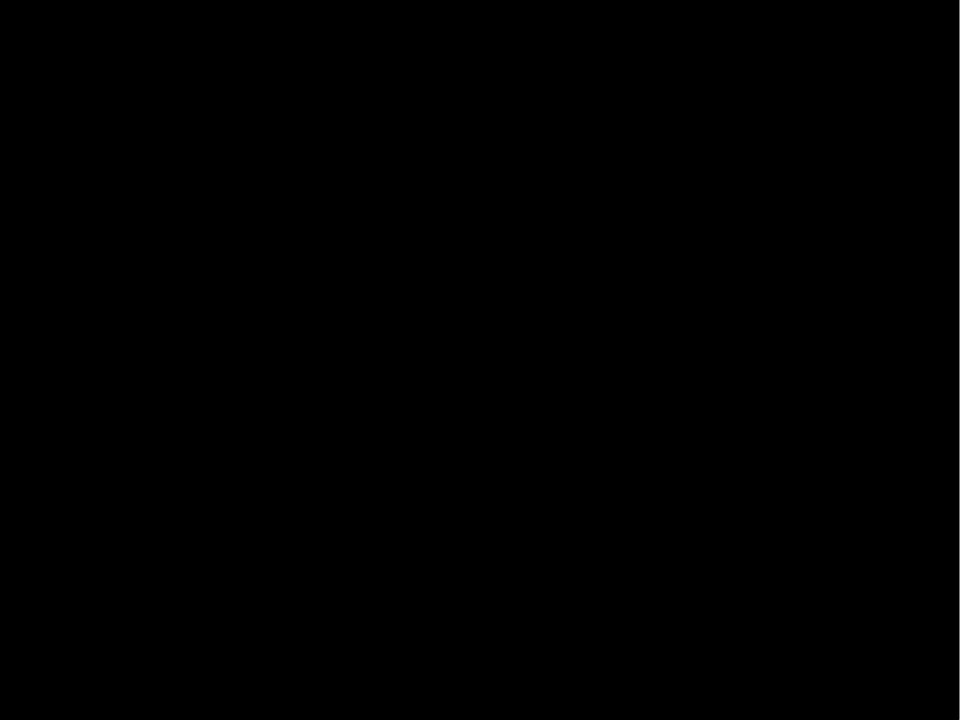Why I Am Now Doubly Glad I Am Not Charlie Hebdo
In protest of the cartoons in the latest edition of Charlie Hebdo

NEW DELHI: Two cartoons published in the most recent edition of French publication Charlie Hebdo have reminded me why ‘je ne suis pas Charlie.’ The great defenders of “free speech” have dedicated their front page to Aylan Kurdi, the three year old Syrian refugee who sent ripples of sadness across the world as his dead body washed ashore a Turkish beach. The editorial decision to give Aylan prominence isn’t surprising -- the harrowing images that went viral dominated world headlines for weeks, prompting countries to respond to the refugee crisis by pledging support and action. What is surprising, however, is the manner in which Charlie Hebdo decided to depict Aylan, and with him the entire growing refugee population.
The front page cartoon shows Aylan’s dead body lying face down on the sand, with a McDonald’s sign reading “Two Menus Of Children For The Price Of One.” The cartoon itself is captioned: “So Close To His Goal,” effectively mocking millions of refugees who are compelled to flee circumstances of war, starvation, sexual violence -- all of which are not of their own making.
The second cartoon titled, “The Proof that Europe is Christian” depicts a drowned child next to Jesus Christ. The caption reads, “Christians walk on waters… Muslims kids sink."
Now I will have to admit that I do not speak French, so there is a chance that something has gotten lost in translation. However, if you see the images yourself, your heart will bleed a little for Aylan, and you will struggle to articulate in words the frustration you feel regarding the imaginary boundaries of free speech. What irks me even more is that the cartoons make no sense whatsoever; they provoke, yes, but what for?
The Citizen has taken an editorial decision not to republish the outrageously insensitive cartoons, but I can provide further context through the history of the publication that is Charlie Hebdo.
The publication has come under fire for a range of controversial cartoons, including depicting French politician and Minister of Justice Christiane Taubira as a monkey, cartoons showing the Prophet Muhammad in all sorts of compromised positions (including lying naked on a bed, being filmed from behind saying “My ass? And you love it, my ass?”) and the portrayal of the victims of Boko Haram kidnappings as welfare queens, to name just a few.
In short, the magazine’s intention is to provoke. However, that provocation is not equal in its intent. The target is very clear: France’s Muslim immigrant community. To give a crude example, imagine a publication based in the United States; this hypothetical magazine largely publishes caricatures mocking America’s African-American community, and defends its right to do so as freedom of speech and expression. Would you give up your duty to criticise the publication’s politics?
I wrote a controversial article in January this year, following the brutal attack on French magazine Charlie Hebdo that killed 12 people in Paris. In an article titled “Why I Am Not Charlie” I argued that freedom of speech is bound by responsibility, and although I condemned the attack on the publication in the strongest terms, I maintained that it was erroneous to reduce the attack to a discourse centred on free speech. Amongst the din of ‘free speech’, I said, the context was being obfuscated; the context of an impoverished Muslim minority in white-majority Europe. The article received its fair share of criticism, with the world continuing to use the #JeSuisCharlie hashtag to express their solidarity with the publication. I too expressed my solidarity, but refused to let that become equated with an approval of the marginalising politics of Charlie Hebdo.
Muslims in Europe are a marginalised minority, and rights and responsibilities have to take that into context. As an article by Asghar Bukhari in the Medium pointed out, “The Muslims today are a demonized underclass in France. A people vilified and attacked by the power structures. A poor people with little or no power and these vile cartoons made their lives worse and heightened the racist prejudice against them. Even white liberals have acted in the most prejudiced way. It was as if white people had a right to offend Muslims and Muslims had no right to be offended?”
Richard Seymour echoed a similar sentiment in Jacobin magazine, saying, “Given the scale of the ongoing anti-Muslim backlash in France, the big and frightening anti-Muslim movements in Germany, and the constant anti-Muslim scares in the UK, and given the ideological purposes to which this atrocity will be put, it is essential to get this right. No, the offices of Charlie Hebdo should not be raided by gun-wielding murderers. No, journalists are not legitimate targets for killing. But no, we also shouldn’t line up with the inevitable statist backlash against Muslims, or the ideological charge to defend a fetishized, racialized “secularism,” or concede to the blackmail which forces us into solidarity with a racist institution.” This is not about free speech. It is about much, much more than that.
The most recent cartoons are proof that freedom of speech shouldn’t be used as a ruse to obfuscate the perpetuation of a deeply unequal power structure, and when the media begins to start mocking the marginalised -- it needs to be critiqued, not defended.
So no, I am not Charlie Hebdo, and I will not excuse the deeply insensitive cartoons of Aylan and the refugee crisis because I do not think that is what freedom of speech and expression should be reduced to.



